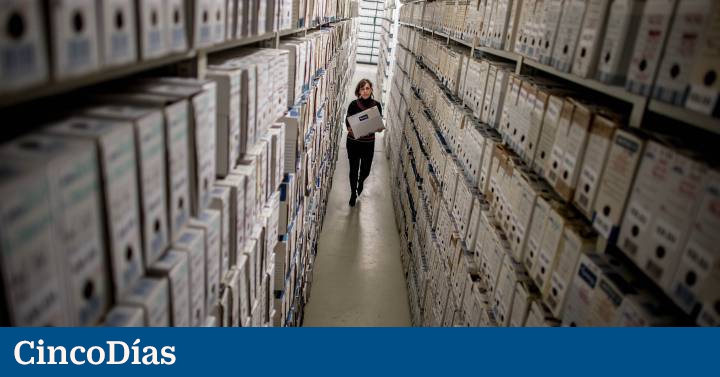As simple as watching Netflix or ordering an Uber | Additional Features

Take a trip out of the body. Look at the organization from the outside, put yourself in the shoes of a citizen and see what you need.” It is a suggestion from Juan Jesus Torres, General Secretary of Digital Administration, to see what needs to be done to facilitate a “necessary relationship”.
In his spirit he also makes it easier. “The citizen feels as comfortable as he feels when buying online,” he explains. Consulting a file, making a statement, or signing up for a strike is as simple as watching Netflix at home or ordering an Uber.
To meet this challenge, which is also necessary to improve the user experience and data economy and to remove entry barriers, the government has allocated €2,600 million to invest in the 2021-2023 period in the digitalization plan for public administrations.
The money that Juan Luis Manfredi, Academic Director of Esade-PwC’s Public Sector Transformation Observatory, prioritizes on two axes: “infrastructure,” so that the system works and is interoperable, and in training a “new type of public servant.”
From KPMG, Cándido Pérez, partner in charge of transport, government and health, notes that the goal “is to use digitization to improve management activity, define operations and evaluate their degree of effectiveness”.
2.6 billion
It will be their fate
For general administration, etc
410 to justice
In the CSIF they define the current reality with this phrase: “Records and formal procedures are good, but everything else needs to be built.”
Something similar happens with the administration of justice. To the known problems of scarcity of resources, personnel and high workload, we add different degrees of digital penetration depending on the communities and bodies.
To alleviate this situation, 410 million will be invested “to modernize infrastructures, improve services, direct their activity towards data, achieve interoperability and obtain an electronic judicial file,” according to Francisco Capo, Director General of Justice 2030.
Victoria Ortega, President of the Public Council for the Legal Profession, adds to all this an “extensive training plan in digital skills”. Technical means, he says, “will not be of much use if we do not change the way we approach work”.
Per Simon Castellano, a professor at the International University of La Rioja, UNIR, looks to a future that is already here, highlighting the use of “interesting tools such as artificial intelligence or chatbots to further improve digital justice services.”
First person testimonials
Juan Martinez, Actor: “I requested the strike online and had many problems. It was very poorly explained. I emailed them to address it. The worst thing was when the web went down due to an attack pirates“.
Javier BrandAnd the the judge: “I work with a double screen thanks to the digital file that makes accessing information easier. I can conduct virtual experiments and provide notifications electronically.”
Begoña GilAnd the will official: “Internally, it works very well. The problem appears many times with apps crashing, when a large number of people try to access them and they are blocked.”
Vicenta Janoa, domestic worker. In January he fell into the snow and asked to leave. You haven’t collected it yet. He’s been trying to talk to management for several weeks now. Upon realizing this, they told him that his file had not yet been processed.



:quality(70)/cloudfront-us-east-1.images.arcpublishing.com/elfinanciero/BTPXPLX5CJFGTETQ5MTIT6FWCM.jpg)
:quality(70):focal(584x116:594x126)/cloudfront-us-east-1.images.arcpublishing.com/metroworldnews/XLSFGFHSZNDXLMJRVQOLGBQ4PM.jpg)
/cloudfront-us-east-1.images.arcpublishing.com/eluniverso/5UQ6TC6MQJFOXMROCZIKA4NFLI.jpg)


